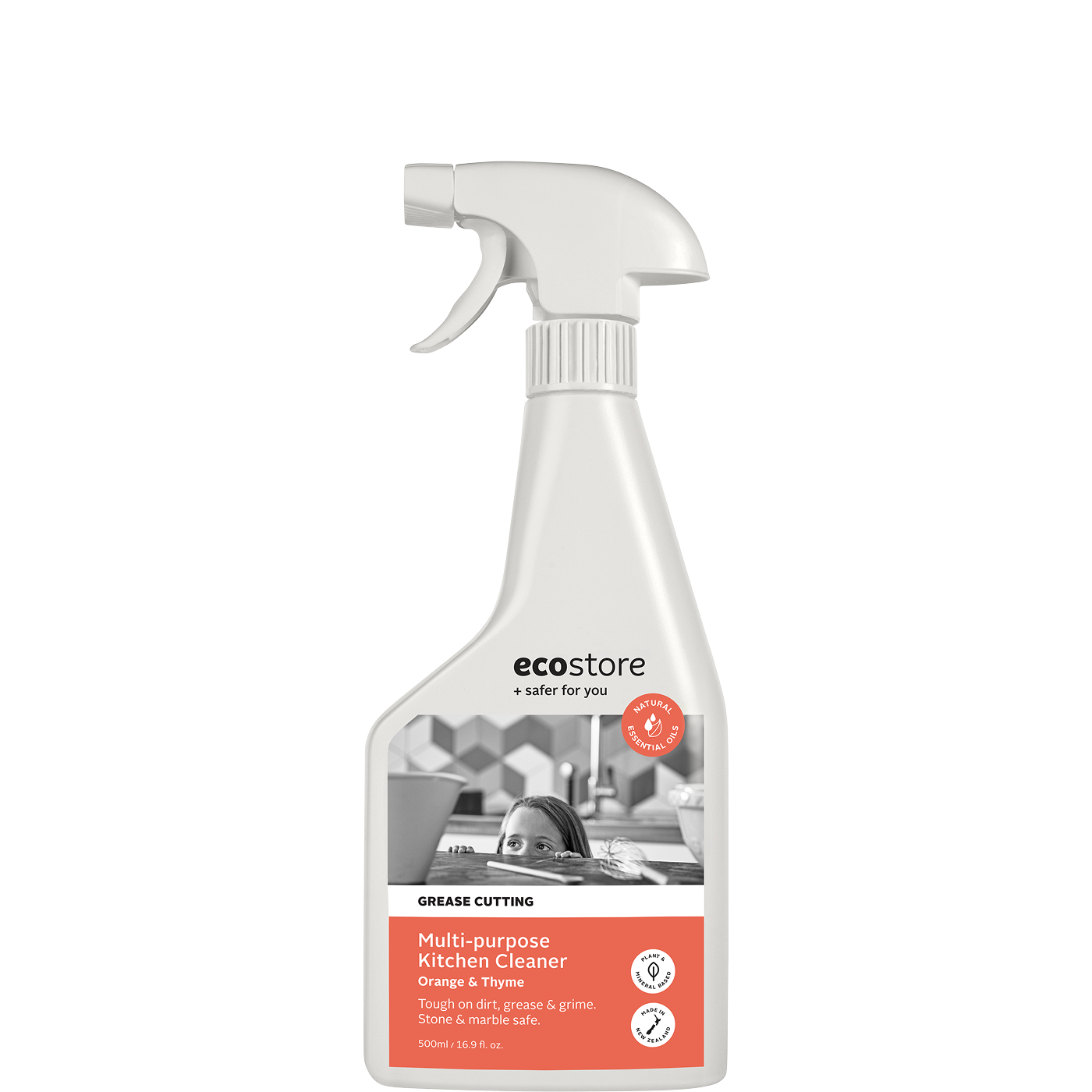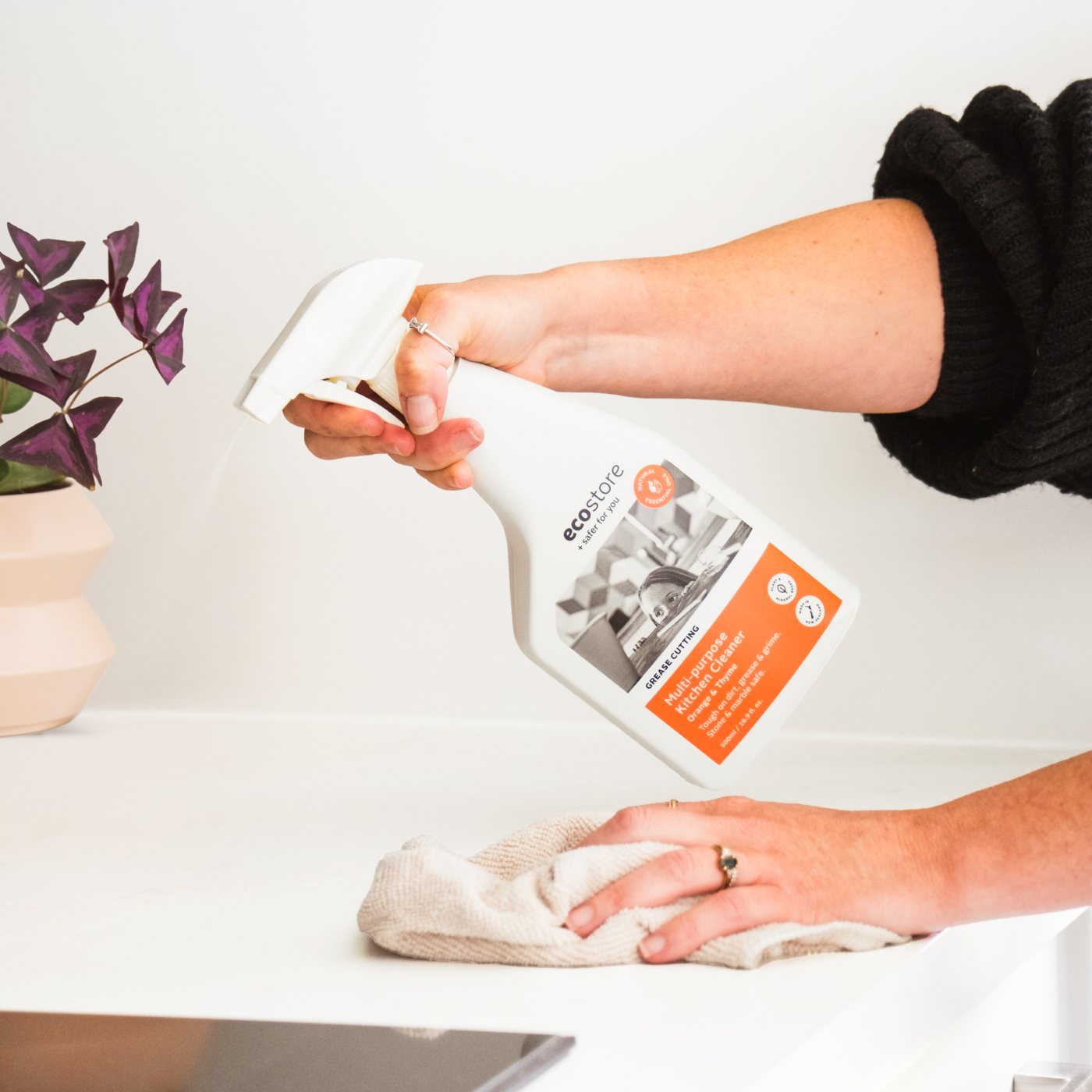Ingredient - Pogostemon Cablin (Patchouli) Leaf Oil
Patchouli leaf oil is an amber-coloured oil with a deep woody aroma derived from the leaves of the patchouli plant (Pogostemon cablin).
Pogostemon cablin is a herbaceous shrub in the mint family (Lamiaceae), native to the Philippines and widely cultivated in tropical regions of Asia. These plants grow to around a meter tall, bearing hairy leaves and spikes of small pink, white or purple flowers. The aromatic leaves have a long history of use in the production of fragrances, flavours, incense and some traditional medicines. Harvested leaves can be dried and steam-distilled to produce patchouli essential oil, which has some antimicrobial activity and can also be used in fragrances for its musky woody-spice aroma.
Patchouli oil is a popular choice in fragrance blends for its ability to mix well with other essential oils without dominating the fragrance, while also functioning as a fixative. Fixatives are used in fragrances to aid in balancing the volatility of the oils (the rate at which the essential oils evaporate at room temperature), which helps to boost the longevity of the fragrance.
Botanical name: Pogostemon cablin
Other names: Patchouli (Pogostemon Cablin) Leaf Oil, Patchouly Leaf Oil, Pogostemon Patchouli Leaf Oil
Main constituents: alpha-Patchoulene, beta-Patchoulene, delta-Patchoulene, beta-Elemene, beta-Caryophyllene, alpha-Guaiene, delta-Guaiene, Seychellene, delta-Cadinene, Pogostol, Patchouli Alcohol
REFERENCES
Swamy, M. K., & Sinniah, U. R. (2015). A Comprehensive Review on the Phytochemical Constituents and Pharmacological Activities of Pogostemon cablin Benth.: An Aromatic Medicinal Plant of Industrial Importance. Molecules (Basel, Switzerland), 20(5), 8521–8547. https://doi.org/10.3390/molecules20058521
Free shipping on orders over $130
Love me or your money back guarantee
Ingredient - Pogostemon Cablin (Patchouli) Leaf Oil






